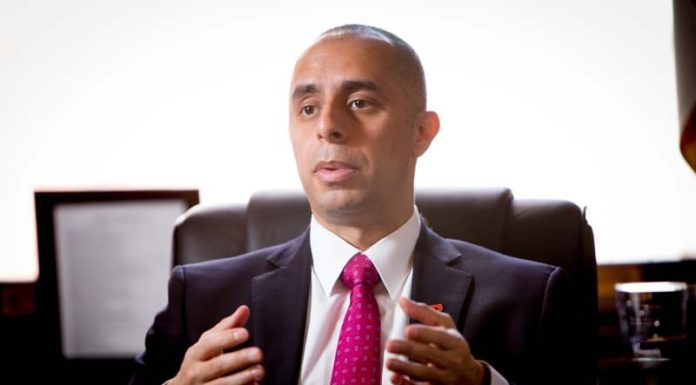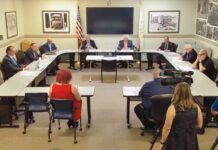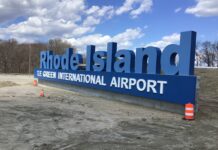PROVIDENCE – The city is taking steps toward recognizing and remedying long-standing racial inequities experienced by Black and indigenous residents.
Mayor Jorge O. Elorza on Monday unveiled a nearly 200-page “truth-telling report” detailing the state’s 400-year history of abuse, discrimination and mistreatment of Native American and Black people: from colonization, to slavery, the rise of the Klu Klux Klan and the racial disparities highlighted by the pandemic. The report, created in partnership with a host of community groups and historical and heritage societies, represents the first step in a racial reparations program Elorza announced in July.
“This history is essential, not only because it tells us about the past, but will help to create an environment and future policy platforms for positive change that fosters fairness, equity, and justice,” said Keith W. Stokes, vice president of the 1696 Heritage Group which co-researched and wrote the report.
How the reparations program would work – including who would benefit, and what financial or other compensation the city would offer – is unclear.
The report outlines a host of broad-based recommendations, reflecting areas of focus identified by federal lawmakers and think tanks like the Brookings Institution such as addressing the racial wealth gap, housing discrimination and education, criminal justice reform and workforce inequities.
At the state and local level, the report backed a bill introduced by R.I. Rep. Anastasia P. Williams, D-Providence, that would require elementary and secondary public schools to teach African American history classes starting in the 2022-2023 school year. The report also called for the city to bolster support for its rapidly expanding immigrant population by creating a dedicated office for immigrant affairs as well as programs for undocumented residents and tax credits for businesses that offer English classes to non-native workers.
Finally, the report called for the city to create a “Blue Ribbon Commission on Racial Equity,” to research and recommend more concrete policies and programs to address racial equity.
Also on Monday, the city announced a request for proposals to kick off the “community reconciliation” phase of its reparations program. A $100,000 grant from the Nellie Mae Education Foundation will fund efforts to organize and host a series of community events and discussions and interactive experiences highlighting the findings of the truth-telling report and recommending a “reconciliation policy structure,” the city stated.
“As outlined in this report, African heritage and Indigenous people were subjected to overt racism and mob violence by their fellow citizens, but one of the greatest threats they faced came not from individual actors, but from laws and policies promulgated by our own governments and private institutions,” Elorza said in a statement. “While I do not anticipate the city alone can repair generations of pain, violence, and systemic oppression suffered by our African heritage and Indigenous residents, we can bring our communities together to heal by discussing and accepting these uncomfortable truths.”
Nancy Lavin is a PBN staff writer. You may reach her at Lavin@PBN.com.













